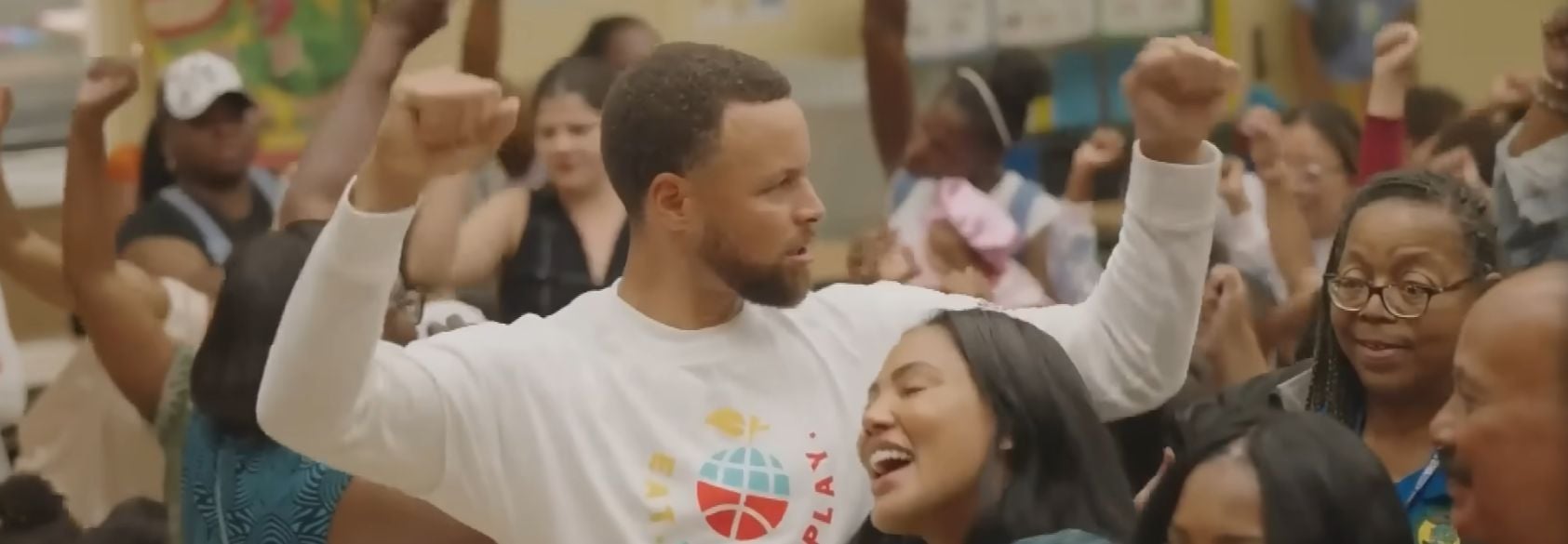Click here for the audio link to this story, "In Texting Suicide Case, Judge Says Michelle Carter Had A 'Self-Created Duty' To Try To Stop Her Friend From Killing Himself"
Story Description
Two teenagers started a relationship in 2012, mainly through texting, which ended tragically. When Conrad Roy became depressed, his girlfriend, Michelle Carter, encouraged him to seek treatment, but then began to encourage him to commit suicide. Roy intentionally filled his truck with carbon monoxide and Carter sent him emails urging him to stay in the truck. For her encouraging texts and failure to act, Carter was convicted of involuntary manslaughter. The judge based his ruling on the words she used, extending the boundaries of criminal law. Listen to hear more about this ruling and what it might mean for future cases.
Listening Comprehension Questions
- What were the two parts of the testimony that led to the Judge’s verdict?
- What must be proven in cases of involuntary manslaughter?
- In what ways were the warehouse fire case, cited in the audio story, similar to this case?
- How might this ruling change the way criminal law is interpreted in Massachusetts?
- What are the pros and cons of the United States being part of the Paris Climate Accord?
Classroom Discussion Themes
- Do you believe words can be used to murder someone?
- In which situations do you think people have “a duty to act”?
TheNational Suicide Prevention Lifelineis available 24/7 at 1-800-273-8255.
Listenwise helps teachers use stories from public radio in their classrooms. To find more stories and lessons for your middle and high school ELA, social studies, and science classrooms you can sign up for a free Listenwise account!
Teaching Strategies for using Listenwise.












